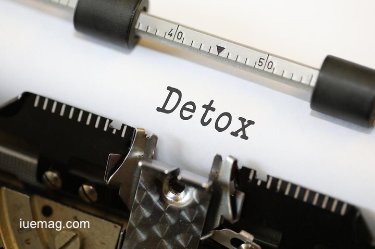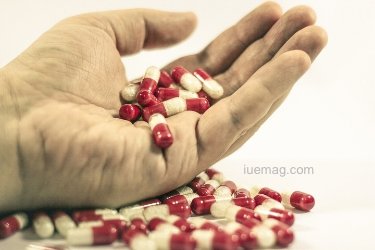

What is Medical Detox & Do You Need One?

For many, the road to recovery begins with medical detox where trained treatment specialists monitor early symptoms of drugs or alcohol withdrawal and provide interventional treatment to ensure safety and recovery. Because withdrawal symptoms can be unpredictable, the decision to detox in a medically monitored environment is often best, especially if you have been abusing a substance, or alcohol for a long time.
What is Medical Detox?
Drug or alcohol detox is the stabilization process that takes place during the early phase of recovery when these harmful substances are eliminated from the system. During medical detox, symptoms of withdrawal that follow abrupt cessation of regular substance use are treated in a controlled and medically monitored environment to ensure patient safety.
Medical detox is generally the first step of the rehabilitation process. Behavioral therapy, counseling, medication and continued support generally follow drug or alcohol detoxification.
Medically monitored detoxification is specifically helpful for those who are addicted to substances that cause potentially life-threatening symptoms of withdrawal when stopped. Alcohol and certain prescription medications such as opiates, benzodiazepines or stimulants often require a medical detox to safely withdraw without life-threatening risks during the process.

Who Needs Medical Detox?
Most people who enter a medical detox have already attempted the process on your own with little success. Don’t let fear of failure prevent you from seeking professional help. Medical detoxification provides 5-10 days of monitored care during which all drugs or alcohol are safely eliminated from the body. During this stabilization period, uncomfortable symptoms of withdrawal will generally peak and begin to subside.
The withdrawal process is different for everyone and it is very unpredictable. Extensive use of drugs or alcohol can cause your body to become dependent on the substance. The brain becomes adapted to the presence of the drug and, in return, comes to expect the drug in order to function “normally.” Over time, tolerance is developed, and higher doses of the substance are required to provide the same “normal” effect, otherwise the body begins to react with symptoms of withdrawal.
The severity of withdrawal symptoms can vary in intensity and the entire withdrawal process may vary in length based on the type of drug, the severity of addiction and individual factors. Medical detox is recommended for individuals who are dependent on one or more of the following substances:
- Alcohol
- Benzodiazepines (Xanax, Klonopin, Ativan)
- Stimulants (Adderall, Ritalin)
- Prescription opioids (Fentanyl, Oxycodone, Tramadol, Hydrocodone, Percocet, Lortab, Vicodin, Oxycontin, Suboxone, Methadone)
- Heroin
- Depressants (Ambien, Lunesta)
 Additionally, those struggling with co-occurring disorders or conditions in which chronic pain, anxiety, depression or other health symptoms are present in addition to addiction should seek the help of medical detox to ensure safety in early withdrawal. A pain management specialist can provide a referral to treatment for symptoms of withdrawal. Then during medical detox you can get help for these symptoms while also being treated for underlying health conditions.
Additionally, those struggling with co-occurring disorders or conditions in which chronic pain, anxiety, depression or other health symptoms are present in addition to addiction should seek the help of medical detox to ensure safety in early withdrawal. A pain management specialist can provide a referral to treatment for symptoms of withdrawal. Then during medical detox you can get help for these symptoms while also being treated for underlying health conditions.Are you promising yourself a healthier self?
Copyrights © 2026 Inspiration Unlimited - iU - Online Global Positivity Media
Any facts, figures or references stated here are made by the author & don't reflect the endorsement of iU at all times unless otherwise drafted by official staff at iU. A part [small/large] could be AI generated content at times and it's inevitable today. If you have a feedback particularly with regards to that, feel free to let us know. This article was first published here on 24th July 2019.
Want to Publish About Your Business / Achievements
Let's Discuss Right Away!

All chats are end-to-end encrypted by WhatsApp and won't be shared anywhere [won't be stored either].

